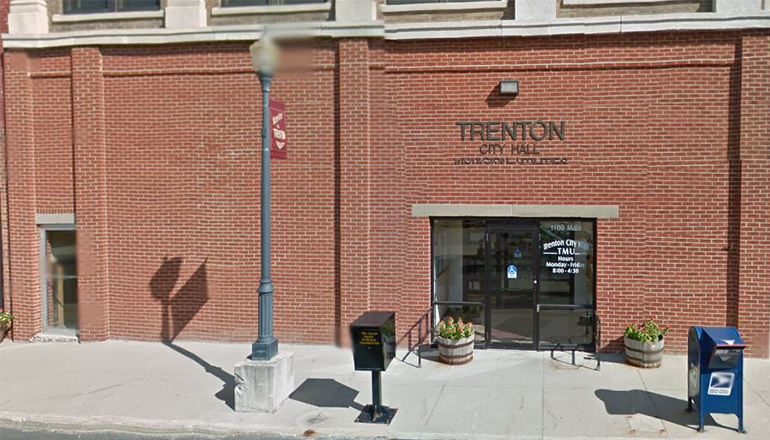Much has been said in recent months about revenues, expenses, and profits of Trenton Municipal Utilities.
Information has been shared with the Utility committee that indicates December financials show a loss for the month instead of a profit. While profit is determined from revenues, minus normal operating expenses, debt payments and major construction costs are taken from the profit total.
December paid expenses collectively for electric, water, and wastewater were $1,986,000. The anticipated revenues, or value of utility bills sent to TMU customers, was $843,000 less. The total is listed as $1,143,000 which is the amount of the bills sent to customers, not the total of what is collected.
Electric department revenues were trimmed last fall by five percent upon request of the city council, and lower winter rates also are in effect.
It’s also noted one of the regular expenses is $492,000 paid monthly to Missouri Public Utility Alliance for electricity that Trenton purchases to distribute to customers rather than the more costly method of having TMU generators produce the power.
Day to day operating expenses run each of the departments which includes employee salaries, utilities, gas, fuel, repairs, supplies, interest paid on debt. But those expenses did not include principal payments on the debts, major construction projects, or large purchases of equipment.
TMU noted it currently is making payments of $655,000 per year for debt on the waste-water plant, $170,000 per year for debt on the water plant and $100,000 per year for electric improvements, which added together, adds up to $925.000 in debt payments.
Some of the projects include hiring contractors for painting water towers, replacing entire sections of water lines, upgrading sewer lift stations, and making DNR required changes at the water and sewer plants.
Not yet included in the major cost category is a preliminary estimate of nearly $3,000,000 for the headworks project planned among waste-water plant improvements. How to finance that proposed project was again discussed at Tuesday’s meeting including whether the electric department should loan the money to wastewater; which in turn would pay it back to electric plus interest.
Utility director Ron Urton mentioned that the rate study by Burns and McDonnell engineering recommends no increase in Trenton’s sewer rates for this year and next year; then consideration is given to a preliminary three percent hike in the sewer charge.
TMU officials report reserve funds are like a savings or checking account where money is saved up ahead of time to pay for projects and or expenses that are known to be coming in the future.
The city council last October established minimum amounts of reserve funds for each TMU department in the following breakdown. $2,100,000 with electric, $1,500,000 for water, and $5,500,000 wastewater or sewer department. As has been previously explained by TMU, the purpose of having minimum cash reserves is to have enough money for operation and maintenance, historical investments in assets, debt service, and a five-year capital plan. The council also established a cap or maximum amount (30 percent above minimum levels) to have on hand for utility reserve funds.







